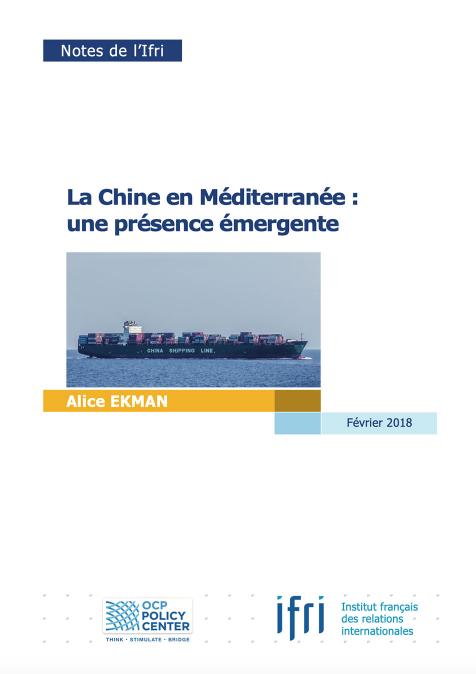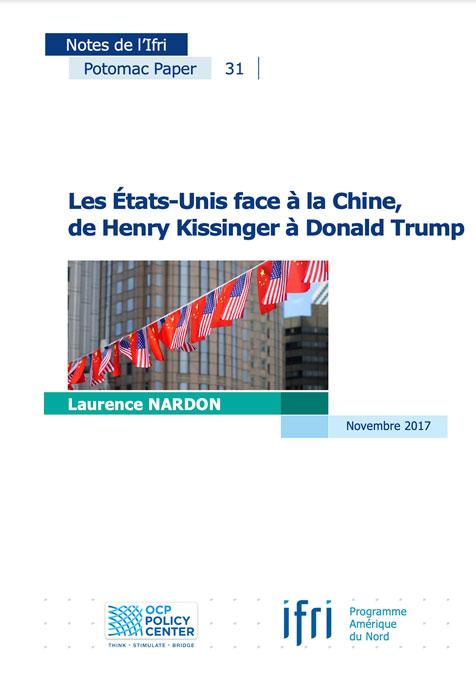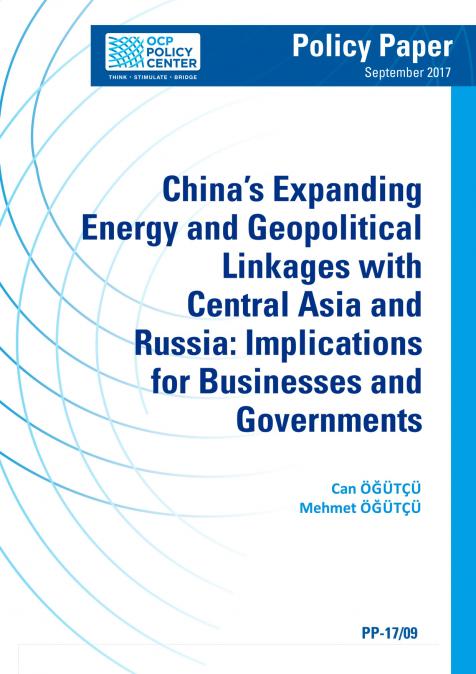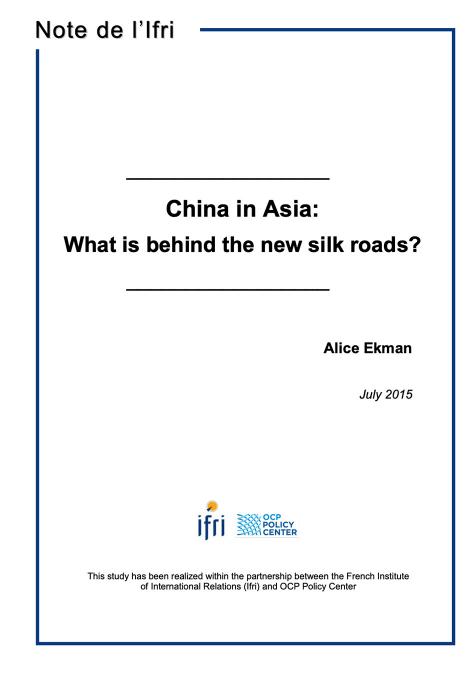Publications /
Policy Brief
Policy Brief
China’s Belt and Road Initiative: How has China’s energy security changed over the past decade?
October 21, 2019
Decades of rapid economic growth have dramatically expanded China’s energy needs. The magnitudes are impressive. China is now the world’s largest consumer of energy, the largest producer and consumer of coal, and the largest emitter of carbon dioxide. It is increasingly looking toward securing its future energy needs with sustainable alternatives. China has also become the world’s largest producer, exporter and installer of solar panels, wind turbines, batteries, electric vehicles, and nuclear energy (47GW capacity in 2018). This Brief explores China’s leadership in renewables, climate change, while analyzing BRI’s energy security dimension.








